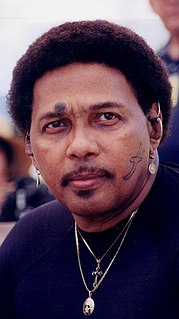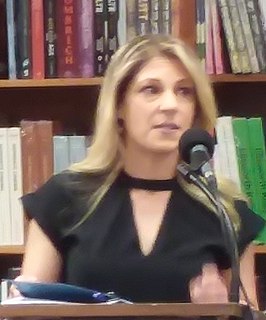A Quote by Marlo Thomas
That is the difference between St. Jude's and all other children's hospitals. The other hospitals are not bad at all; they're good hospitals, but they're just working with what they know, and St. Jude's is working with what nobody else knows, because they're doing research.
Related Quotes
It's tucked away in a quiet corner, shadowed and obscured, no part of the Nightside's usual bright gaudy neon noir. It doesn't advertise and it doesn't care if you habitually pass by on the other side. It's just there for when you need it. Dedicated to the patron saint of lost causes, St. Jude's is an old old place... St. Jude's isn't a place for comfort for frills and fancies and the trappings of religion. just a place where you can talk to your god and sometimes get an answer.
Just as members of American teachers unions often send their own children to private schools, so unionized workers at government-run hospitals in Britain have insurance that allows them to go to private hospitals. In both cases, those on the inside realize how bad these institutions are, regardless of what they say to those on the outside.
The German system is way less fair than it is expected to be, and the difference is becoming bigger. The private system, with its privilege to pay doctors and hospitals better, is basically putting the whole system at jeopardy, because many first-class hospitals and first-class physicians are wasting their time on trivial cases of privately insured and are no longer accessible for the difficult cases from the public system, despite [the fact] that the hospitals and also the education of those professionals is paid for by public money.
I've been in Africa, and I've been to hospitals of Africa, and they're not hospitals, they're places where people go to die. And rows and rows and rows of people just dying and the waiting rooms of the hospitals are full of people waiting to get into the beds of the people who died the night before, and they're dying from unnecessary diseases.
Many of the problems of poverty and need are really problems of physical infrastructure: not enough hospitals, too few schools, insufficient roads, bridges, and a lack of tools. This is what makes traditional philanthropy so daunting. You could build a thousand new hospitals in some parts of the world and barely make a difference.



































